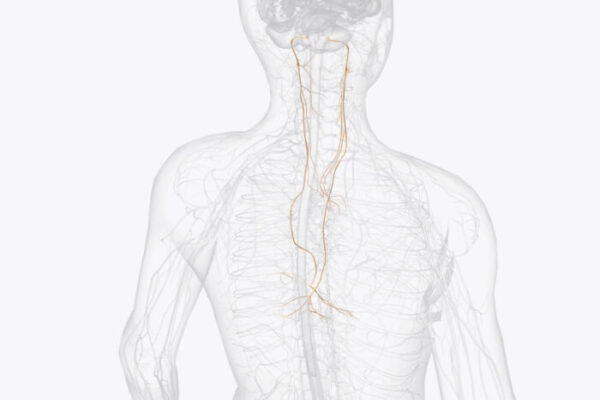Self-management skill, sense of purpose go hand-in-hand
Psychological researchers in Arts & Sciences find self-regulation and social engagement skills can potentially foster a sense of purpose.
Brain structure differences provide clues to substance use risks
Researchers at Washington University found correlations between types of brain structure and people who try drugs before age 15.
How to make resolutions that stick
People should be strategic about how and when they set new goals, according to positive psychology researcher Tim Bono at Washington University.
Vagus nerve stimulation relieves severe depression
People with severe, treatment-resistant depression who received vagus nerve stimulation therapy showed improvement in depressive symptoms, quality of life and ability to complete everyday tasks, according to a national clinical trial led by researchers at WashU Medicine.
Lembke named to Forbes’ ‘30 Under 30’
WashU senior Emma Lembke, 22, has earned a spot on Forbes’ “30 Under 30” social media list. Lembke co-founded Log Off, an organization for and by teens who want to raise awareness about social media’s impact on mental health.
The potential of psychedelic-assisted therapy
WashU Medicine researchers are helping transform mind-bending psychedelics into treatments for devastating mental illnesses.
Barch honored by national mental health organizations
WashU researcher Deanna Barch was recognized by two national organizations for her work on schizophrenia and other mental health conditions.
The main events: How scenes from life shape consciousness, build memories
Brain science researchers at WashU are studying how the brain perceives, processes and remembers everyday events. Their goal is to create an intervention that could improve memory by helping people segment events.
WashU researchers use genetics to find psychopathology risks
Researchers at Washington University are identifying behavioral, environmental and neural factors through which genetic risk for mental health problems is expressed in youth.
Supporting student mental health during the election
Kirk Dougher, associate vice chancellor for student support and wellness at WashU, explains what colleges are doing to help their students during this fraught election season and what steps students can take to better cope.
Older Stories









